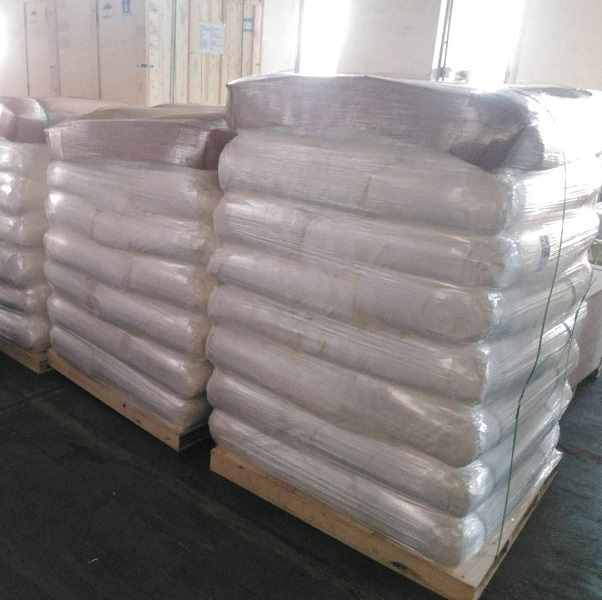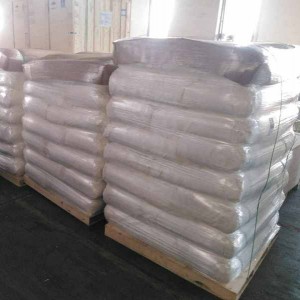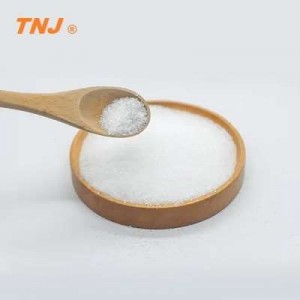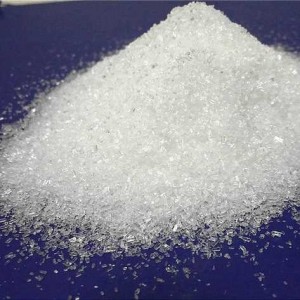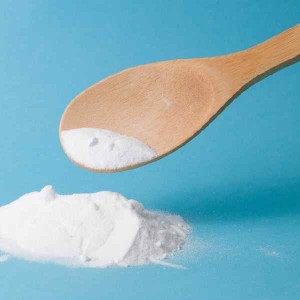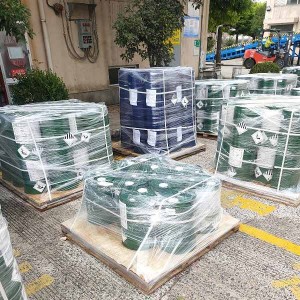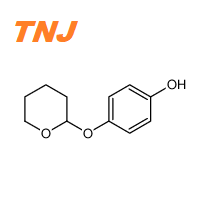CAS 471-34-1 Calcium carbonate
Calcium carbonate CAS 471-34-1 is an inorganic compound with the chemical formula CaCO Å, and is the main component of limestone, marble, and other materials. Calcium carbonate is usually a white crystal, odorless, insoluble in water, and easily reacts with acids to release carbon dioxide [8]. It is one of the common substances on Earth, found in rocks such as aragonite, calcite, chalk, limestone, marble, and limestone. It is also the main component of certain animal bones or shells. Calcium carbonate is also an important building material with a wide range of industrial applications.
Chinese name: calcium carbonate
Foreign name: Calcium Carbonate
Chemical formula: CaCO Å
Molecular weight: 100.0869
CAS login number: 471-34-1
EINECS login number: 207-439-9
Melting point: 1339 ℃
Water solubility: insoluble in water
Density: 2.93 g/cm ³
Appearance: White solid
Application: Used in industries such as papermaking, metallurgy, glass, alkali production, rubber, pharmaceuticals, pigments, organic chemicals, etc
Physical property
Calcium carbonate is a white fine crystalline powder, odorless and odorless. There are two forms: amorphous and crystalline. In the crystal form, it can also be divided into rhombic and hexagonal crystal systems (anhydrous calcium carbonate is a colorless rhombic crystal, and hexahydrate calcium carbonate is a colorless monoclinic crystal), which are columnar or rhombic in shape, with a density of 2.93g/cm3. The melting point is 1339 ℃ (decomposed at 825-896.6 ℃), and the melting point is 1289 ℃ at 10.7 MPa. Hard to dissolve in alcohol, soluble in ammonium chloride solution, almost insoluble in water.
Chemical property
1. Calcium carbonate decomposes into calcium oxide and carbon dioxide at 825-896.6 ℃.
2. Calcium carbonate will bubble and dissolve with dilute acids such as acetic acid, hydrochloric acid, and nitric acid. The reaction simultaneously releases carbon dioxide, exhibiting an exothermic reaction.
3. When excessive carbon dioxide is introduced into water mixed with CaCO3, it will generate a solution of calcium bicarbonate. Calcium carbonate reacts with a carbonated solution (rainwater) to produce calcium bicarbonate. Inject CO2 into the turbid lime water and the precipitation disappears.
4. Anhydrous calcium carbonate is heated to 1000K and transformed into calcite.
Industrial use
Calcium carbonate is a valuable resource with a wide range of uses. Limestone is a trade name used as a mineral raw material. Limestone has been widely used in the history of human civilization due to its wide distribution and easy accessibility in nature. As an important building material with a long history of mining, limestone is the main raw material for manufacturing cement, lime, and calcium carbide in modern industry. It is an indispensable flux limestone in the metallurgical industry. After ultrafine grinding, high-quality limestone is widely used in the manufacturing of products such as paper, rubber, paint, coatings, pharmaceuticals, cosmetics, feed, sealing, bonding, polishing, etc. According to incomplete statistics, the ratio of the total consumption of limestone and building stones, lime production, metallurgical flux, and ultrafine calcium carbonate in cement production is 1:3. Limestone is a non renewable resource. With the continuous progress of science and technology and the development of nanotechnology, the application fields of limestone will be further expanded.
1. Application in plastic production
Calcium carbonate is widely used in filling resins such as polyvinyl chloride (PVC), polyethylene (PE), polypropylene (PP), and acrylonitrile butadiene styrene copolymer (ABS). Adding calcium carbonate has a certain effect on improving certain properties of plastic products and expanding their application range. In plastic processing, they can reduce resin shrinkage, improve flow distortion, and control viscosity. It can also play the following roles:
(1) Improve the stability of plastic product dimensions;
(2) Improving the hardness and rigidity of plastic products;
(3) Improve the processing performance of plastics;
(4) Improve the heat resistance of plastic products;
(5) Improving the astigmatism of plastics;
(6) It can endow the product with certain special properties;
(7) Reduce the cost of plastic products.
2. Application in the food industry
It can be used as an additive in the food industry. For example, it can be used as a variety of feed additives, with a calcium content of over 55.6% and no harmful ingredients. It can be used as a calcium supplement with an absorption rate of up to 39%, second only to calcium citrate. It is soluble in stomach acid and has become the most widely used calcium supplement with the most dosage forms.
3. Applications in the construction industry
Can be used as raw materials for plastic factories, rubber factories, paint factories, waterproof material factories, and for internal and external wall painting. It has the characteristics of high purity, high whiteness, non-toxic, odorless, low fine oil quality, and low hardness. Marble is also an important building material that can be used for building.
4. Application in chemical manufacturing industry
350 to 400 mesh can be used for manufacturing gussets, drainage pipes, and chemical industries. The whiteness is above 93 degrees. 400 to 600 mesh can be used for toothpaste paste and soap. The whiteness is above 94 degrees. 800 mesh can be used for rubber, cables, PVC, with a whiteness of over 94 degrees.
It can also be used for manufacturing optical neodymium glass raw materials, etc.
Nutritional supplements
The main component of most calcium tablets on the market is calcium carbonate. Calcium carbonate needs to be taken with a meal. Calcium carbonate, due to its presence in acidic environments, is prone to producing carbon dioxide. It is not suitable for those with poor gastric acid secretion or those who are currently using gastric acid inhibitors.
ChemicalCAS.com offers price quotation and technology support of chemical from China. In the quotation from China factory supplier, we will include price terms, payment, lead time, COA, TDS, MSDS etc. We make sure the reliable purchase source and product quality. If you need to buy chemical from China, please feel free to contact sales@chemicalcas.com






